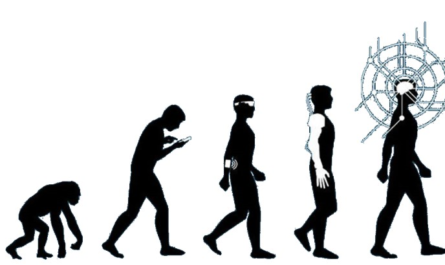In the realm of artificial intelligence (AI), a production system is a key concept that underpins many AI applications and systems. This article explores what a production system is within the context of AI, detailing its components, functionalities, and significance in advancing intelligent solutions.
Understanding AI Production Systems
A production system in AI is essentially a rule-based system used to form AI applications that simulate intelligent behavior. These systems are designed around a set of rules or productions, which are conditions that dictate the system’s operations in various scenarios. Production systems in AI are foundational in fields such as expert systems, automated decision-making, and more.
Components of AI Production Systems
Every production system consists of three main components:
- Production rules: These are conditional statements that resemble IF-THEN structures in programming.
- Working memory: This component holds the information that is currently being processed.
- Production control systems: These manage the application of rules based on the system’s current state or the working memory.
How AI Production Systems Work
The operation of a production system involves cycling through a set of rules, determining which rules apply to the current situation (pattern matching), and executing the corresponding actions. This process requires a mechanism to resolve conflicts when multiple rules are applicable, ensuring that the system behaves predictably and efficiently.
Implementing Production Systems in AI
Implementing production systems in AI involves designing a set of well-defined rules that can handle expected and unexpected situations. Effective production system design in AI must consider potential conflicts and include strategies for conflict resolution. Additionally, it should allow for easy updates and modifications to adapt to new requirements or changes in the operational environment.
AI Production System Architecture
The architecture of a production system in AI is crucial for its effectiveness. It must support rapid rule processing, efficient data handling, and integration with other systems or databases. AI system development frameworks often provide tools and libraries to streamline the development of robust production systems.
Applications and Benefits of AI Production Systems
Production systems are widely used in AI for applications that require reliable and repeatable decision-making processes. They are particularly prevalent in expert systems where they help encode expert knowledge in a form that a computer can utilize to make decisions. AI production system applications also include complex workflow automation, financial analysis, and diagnostic systems.
Optimizing AI Production Systems
For AI production systems to be effective, they must be optimized for performance and scalability. Optimizing AI production systems involves refining the rule set to minimize processing time and resource consumption. It also includes implementing advanced algorithms for more efficient pattern matching and conflict resolution.
Challenges and Future Directions
While production systems offer significant advantages, they also face challenges such as managing complexity as the number of rules grows and ensuring the system remains maintainable and scalable. Future developments in AI production systems may leverage machine learning techniques to automate rule generation and optimization, further enhancing their capabilities and applications.
Conclusion
Production systems in AI are powerful tools for building applications that require rule-based decision-making and operational intelligence. By understanding and implementing these systems effectively, developers can create sophisticated AI solutions that drive innovation and efficiency across various domains. As AI continues to evolve, the role of production systems in achieving intelligent automation and decision-making will undoubtedly expand, highlighting their continued importance in the field of artificial intelligence.

